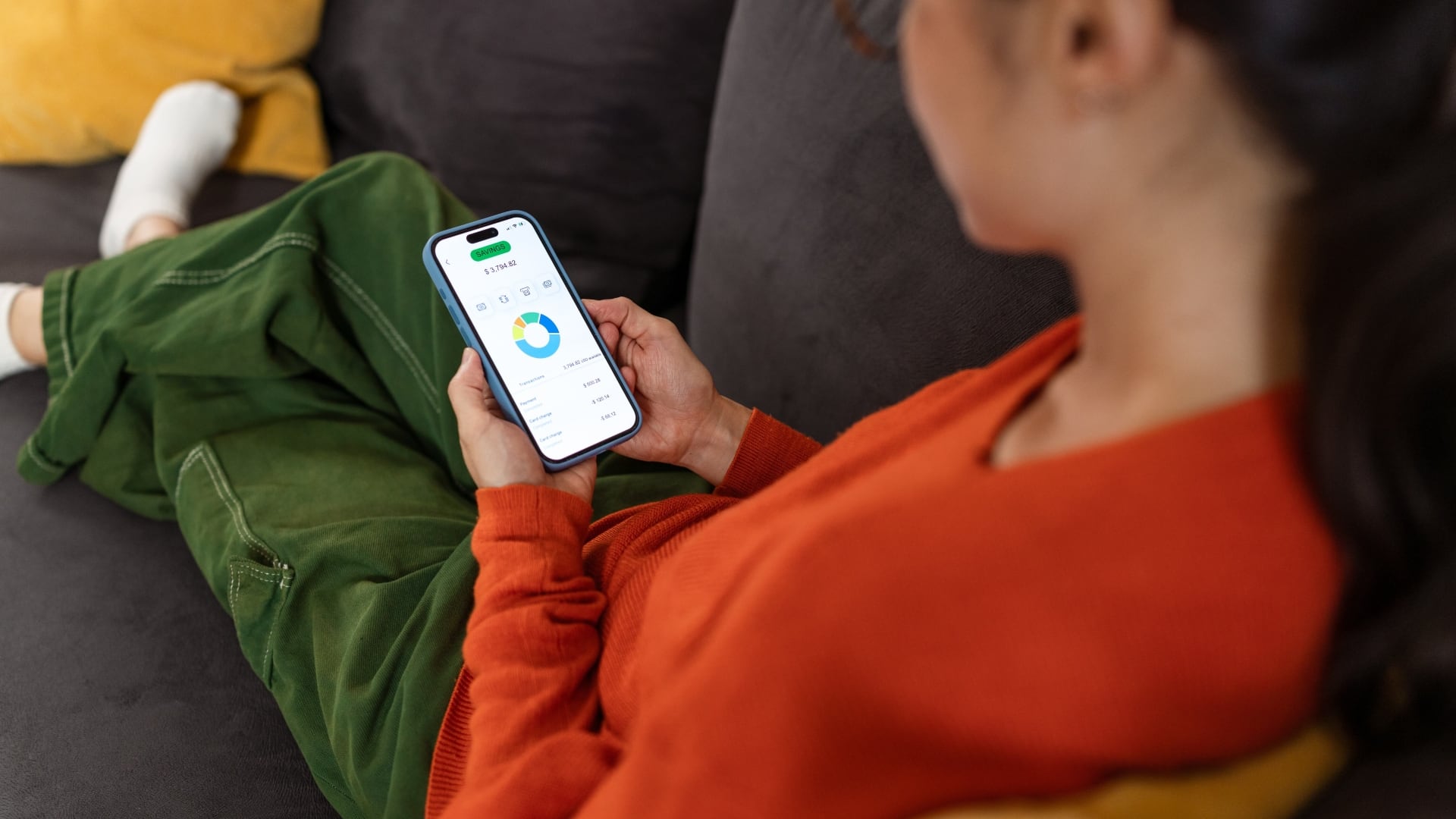*By Bridgette Webb* ClassPass is bulking up. The subscription-based fitness platform raised $85 million in new funding led by Singapore investment firm Temasekーbringing its total financing to $255 million. "We are really going to start hitting the gas," said ClassPass CEO Fritz Lanman in an interview with Cheddar on Friday. "We plan on going from 10,000 studio and gym partners to hopefully... more than that." The New York start-up lets users book classes at a variety of gyms and fitness studios, and Lanman plans to launch in 10 more U.S. cities by the end of the year. But the company isn't stopping there. Lanman also wants to enter an international market, and his sights are on Southeast Asia. But he also admitted the region is an entirely different challenge. "I certainly think that Asia has cultural differences that I'm sure that we'll learn and might make it harder to address that market. However, we are not just doing studio fitness. We are trying to push hard into wellness. In Asia, that category of health is very popular." The company first announced its wellness push in Februaryーallowing users a new option to book spa visits, massages, facials, cryotherapy, and acupuncture sessions. Lanman says that ClassPass plans to test those offerings in New York City before extending the new features to the rest of its network. The company has long-term ambitions to compete with on-demand exercise platforms like Daily Burn and Peloton with its recent launch of ClassPass Live, a live-streaming class option. For full interview, [click here] (https://cms.cheddar.com/videos/VmlkZW8tMjEyOTA=).












